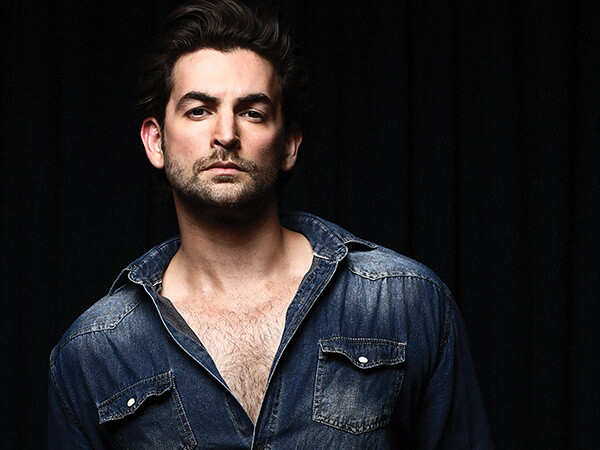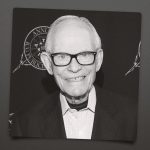Exclusive: “I’ve Always Tried to Reinvent Myself,” Says Neil Nitin Mukesh
Neil Nitin Mukesh is finishing up another interview as I walk into the Jio office. This is the second time I’m meeting him. Our earlier interaction was with the entire cast of his debut OTT series Hai Junoon! It gives me a buzz when I realise he’s recognised me. Our eyes meet briefly, and we exchange a warm smile. Subtle, calm yet magnetic, he’s dressed casually in a shirt layered over a T-shirt and jeans. He slips between light banter and thoughtful reflection and he seems completely at ease at whatever the interviewer is asking him. We shake hands, and I break the ice by calling him one of the most handsome actors in the industry. “You’re going to make me blush before we even begin,” he chuckles. What follows is a candid chat about his OTT debut, his love for layered characters and the constant tug-of-war between playing positive and negative roles. He opens up about working with Katrina Kaif in New York, his debut in Johnny Gaddaar and how he hasn’t stopped choosing roles with depth. Neil even shares heartfelt stories about his family’s legacy and his daughter, Nurvi. Excerpts…
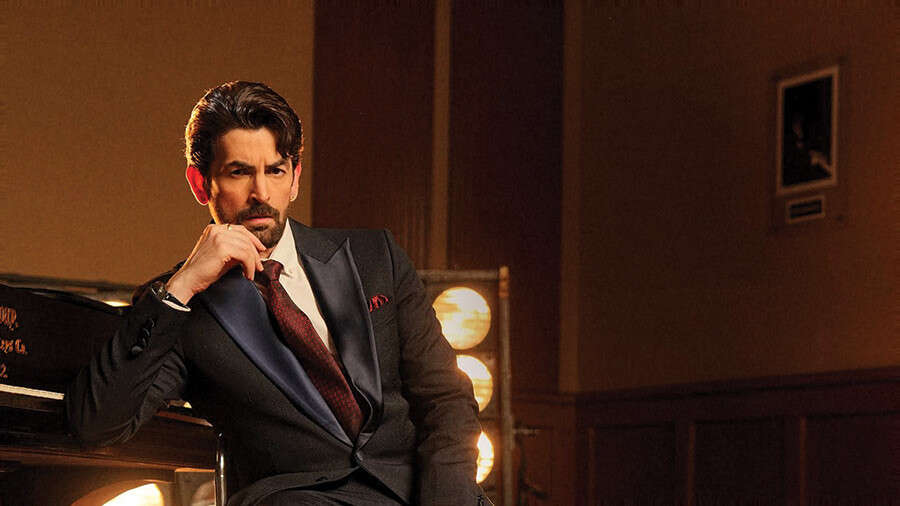
These kids are so talented. I was playing mentor to them but they didn’t need mentorship, they’re amazing. I worked harder in the process and needed to step up my game. The character resonated with me. I’m not just saying this from a musical point of view because of my lineage and my legacy. I’m also saying this because of his journey.
Your filmography has been quite unique…
If you look at my filmography, you’ll see I’ve always tried to reinvent myself. I never chose roles to be the conventional leading man, that’s never been my aim, not even in my debut, Johnny Gaddaar. It was an ensemble film and I was simply part of the central arc. I had to work hard to stand out among seasoned actors. Whether it was Tera Kya Hoga Johnny, Aa Dekhe Zara, New York with John and Katrina, or working opposite Irrfan sir, each project came with its own challenge. Facing someone of Irrfan sir’s calibre pushed me to raise my game. I’ve taken risks, like playing a one-legged army officer in Saath Khoon Maaf at 27, a role meant for someone my current age. Even in films like David, Wazir, or Golmaal, I chose characters that tested me.
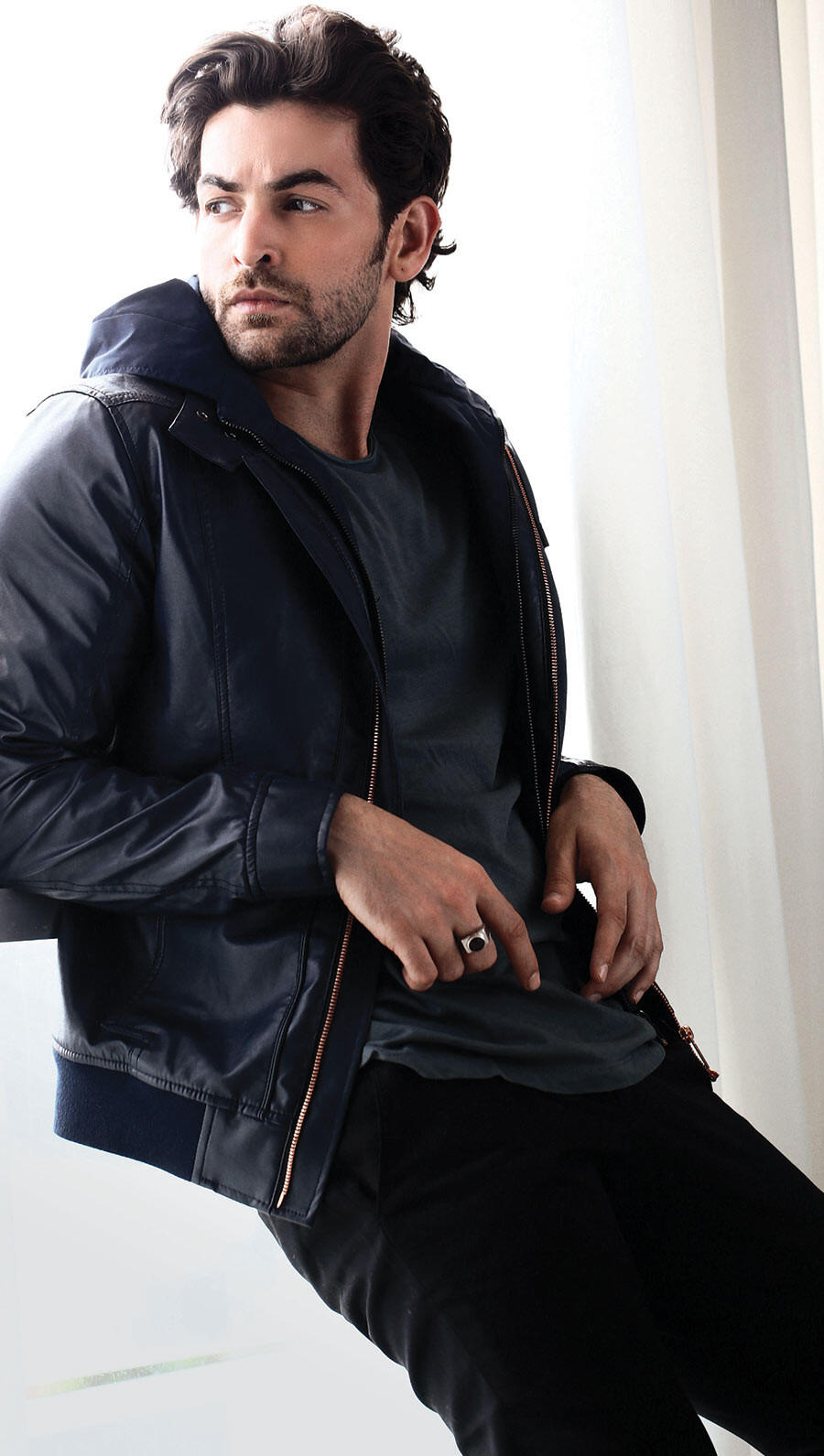
Do you keep into consideration whether a
big franchise is offering you a part?
Even with big or franchise films, I approach them from a character perspective. I really enjoyed playing my role in Golmaal Again. It was interesting to be Parineeti’s love interest and make the audience believe in my character’s goodness, only for him to later turn out to be the villain. The challenge was making that twist feel unpredictable. It allowed me to explore a character who could be both hero and villain, and keep the audience guessing.
What about your South ventures?
I challenge myself and not let my language be a barrier. I have done really big films there, like Saaho, Kaththi and Kavacham. I’m doing one pan-Indian film again. It is an action film.
Were there any projects in OTT that you didn’t choose but it eventually became a huge hit?
None. However, there was a film called Berlin that I couldn’t do. I was busy with my preparation for Hai Junoon! I was under training to turn my age around a little bit because I had to face these young talents out here. I was losing weight and reinventing myself. In Berlin, the character needed to be older and more mature with Apar (Aparshakti Khurana) and the entire cast.
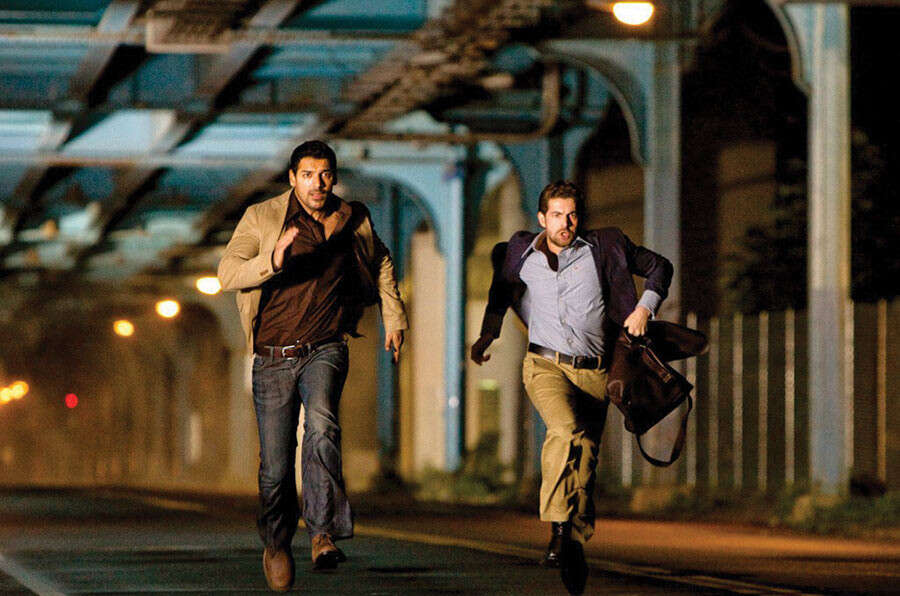
No, that was only a couple of hours on day one.
Have you been judged in the film industry for your skin colour or looks?
A lot, yes. While people would compliment me, I used to have major complexes due to my looks as a child. I was always trying to blend in but was termed different. Some acting teachers dissed me as I wanted to be an actor. They thought I wouldn’t fit in the film industry. I had to overcome that and God has been kind. I’ve sustained for 20 years. I’ve made a niche for myself. I’ve really worked hard to create a certain body of work that people can identify with.
Do your looks still come in the way, when it comes to getting projects?
Time and again, I face the same battle with roles. When I say I could play a certain character, people often respond, “But you look like royalty.” As an actor, it’s my job to blend in, not be boxed in by appearances. I played Sanjay Gandhi on screen in Indu Sarkar. In Saath Khoon Maaf, I portrayed a disabled man. Did I need to actually lose a leg to prove that? Of course not. I work with the tools I have as an actor. Take Hrithik Roshan, often called the Greek God of the industry. Yet he did Super 30 and Koi… Mil Gaya, playing vastly different, challenging characters. Or Saif Ali Khan, who really is royalty, yet has a wonderfully diverse filmography. It’s about pushing beyond the surface.
Who have been your best of friends within the industry?
I wouldn’t say best of friends but I have had lovely co-stars. Abhishek Bachchan, John Abraham, Katrina Kaif, Deepika Padukone – all brilliant co-stars. I make friends very easily, so I can’t just hand pick a few.
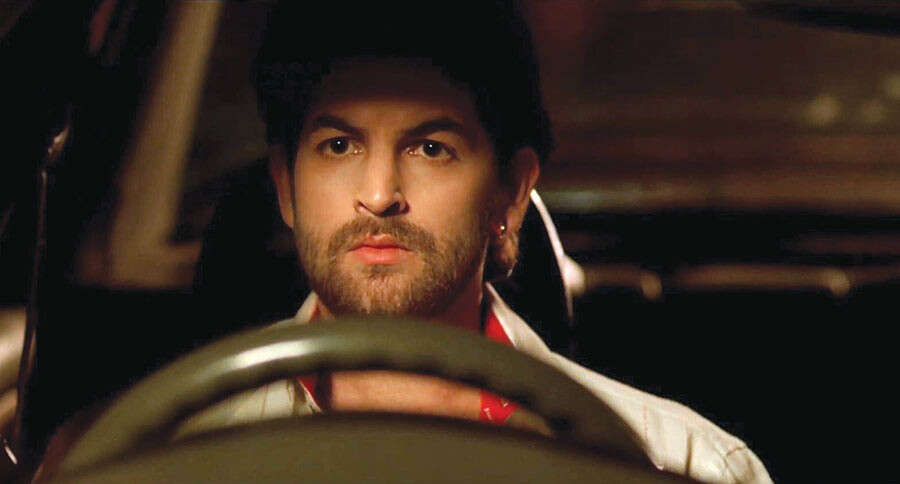
I am expressive. If you are not reciprocating to my expressions, that’s the end of it. I won’t bother because I will make the first attempt to reciprocate. I’ll be cordial and I expect that in return. That’s humanity. If I’m good to you, then I expect you to maintain the same relation.
What’s your takeaway from the grey-shaded characters you play on screen?
Villainous roles are truly challenging, you’re up against the hero and you already know you’re going to lose. That to me, is the real bravery in playing the antagonist, showing up fully prepared, knowing your downfall is inevitable. In Wazir, I played Mr Bachchan’s alter ego. There was an iconic scene titled Ek Aur Ek Do, which turned out so impactful that they renamed the film after my character, Wazir. It was a huge honour. But the real challenge was facing Bachchan saab on screen. His aura is naturally commanding. The task was to match that intensity and still be able to intimidate him playing his alter ego. That’s what made the role so demanding.
We have heard that you were named by Lata Mangeshkar…
Lata ji was close to my father and grandfather. For us, she is still around. My father wanted the sur ki devi to name me. There were many names as options. There was Nikhil and Neeraj – multiple names with N because that was the akshar that had come up. Neel was also there, but Neel, as in, N-E-E-L. So she was the one who said I should be named N-E-I-L with an ‘I’ because I look like the son of an Englishman. I was actually named after Neil Armstrong, the first man to go on the moon.
Has your daughter Nurvi watched any of your movies?
She’s watched quite a few of my films and is especially excited about Hai Junoon! She’s seen New York and Golmaal Again, but she can’t bear to watch me get hurt. Once, she came to me in tears after stumbling upon Tu Meri Aashiqui on YouTube, a song where I get shot at the end. She didn’t leave my room for ten days and insisted on sleeping beside me. Even now, if she sees a scene where I’m being beaten up, she gets upset. Recently, she watched Tune jo na kaha and though she liked the song, she ended up crying. She told me she never wants to see me cry.
Also Read: Photos! Parents Neil Nitin Mukesh and Rukmini welcome daughter Nurvi home





